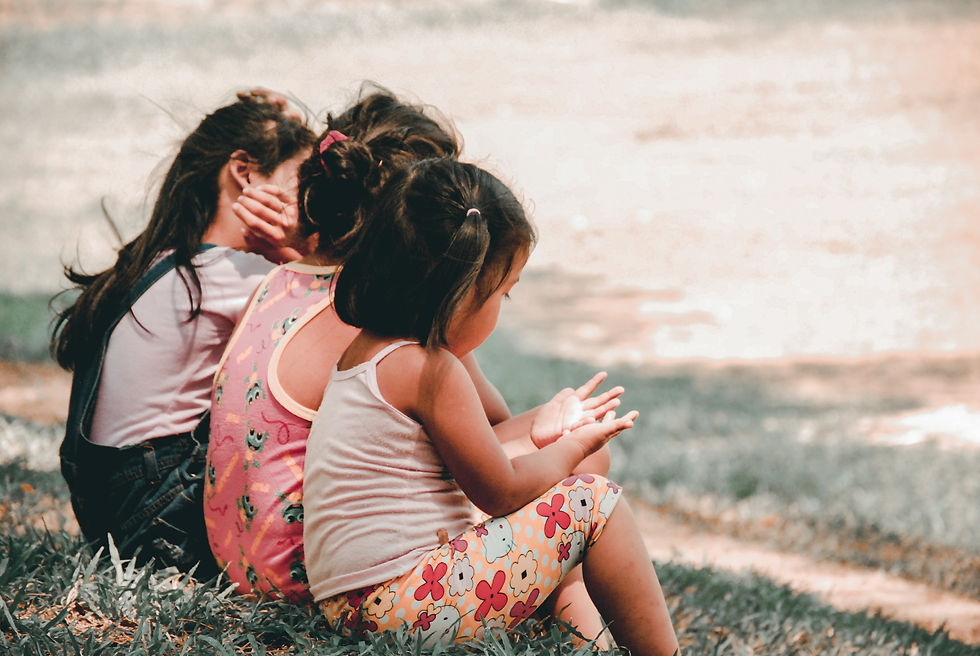Divorce's Effect on Children's Mental Health
- InkSociety

- Jan 24, 2021
- 2 min read
By Yuri Suh
Portola High School

Nowadays, divorced families increase substantially due to family discord or personal reasons. According to the American Psychology Association, approximately 40 to 50 percent of married couples in the United States divorce mostly because of arguing, infidelity, unequal relationship, financial problems, and abuse. Some parents decide not to divorce because of their child. They worry most about how their children will deal with the divorce. In reality, the accompanying stressors in the process of divorce have negative psychological effects on kids.
Changes in the environment make stress for kids. A new environment such as changing schools, moving to a new home, and living with only one parent can make kids scared, confused, and frustrated. For some kids, step-parent, or step-siblings because of new marriages between people who have been married can be a new stressor. In these situations, kids worry that the divorce is their fault or resent their parents for the upheaval in the family. According to psychotherapist Amy Morin, "children from divorced families may experience more externalizing problems and conflict with peers." They are more likely to engage in conduct disorders, delinquency, and impulsive behavior. These various causes lead to depression and anxiety in kids. Therefore, parents should instantly help their children to adjust to new changes in a family environment.
The role of the custodial parent is paramount to help children. After divorce, parents end to be less supportive and less affectionate for their children because of financial and psychological factors. This makes discipline less consistent and effective. Accordingly, parents should set up parenting strategies to help their children to deal with divorce. Positive communication and parental warmth develop a child’s self-esteem. Additionally, consistent discipline reduces delinquency and improves academic performance. While parents get divorced, they ask their children to choose which parent they want to live with. When the child needs to choose which parent is not appropriate or best, parents should not put their children in the middle in order to prevent their children from stress. And if the child struggles with a mental and psychological health problem, then parents need to seek individual therapy or professional help.
Divorce, for children as well as parents, is extremely tough. However, staying together for children may not be the best option all the time. Some children develop mental health issues and behavioral problems because of lots of arguing, hostility, and discontentment. Parents should strive for their children's mental health and psychological stability after a divorce, rather than agonizing over it and arguing with each other.
Comments